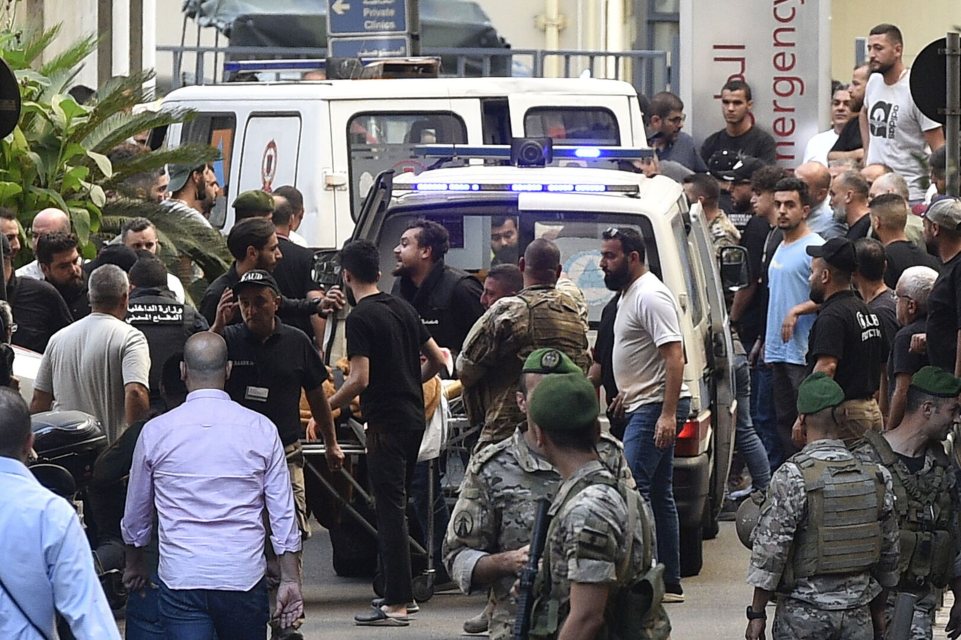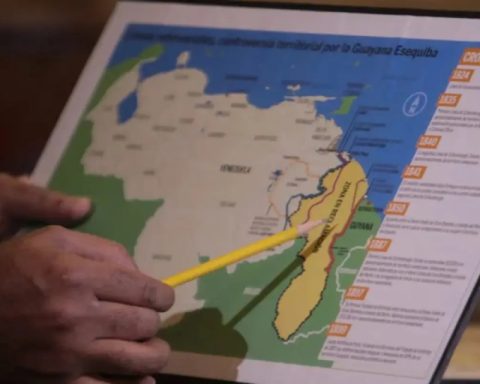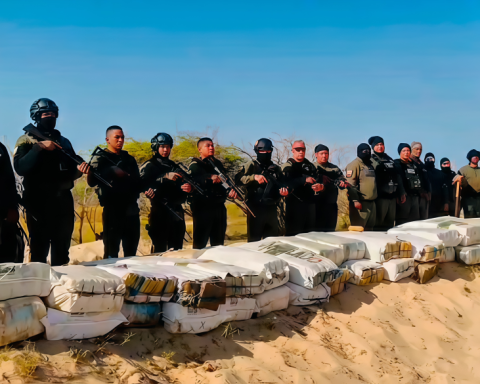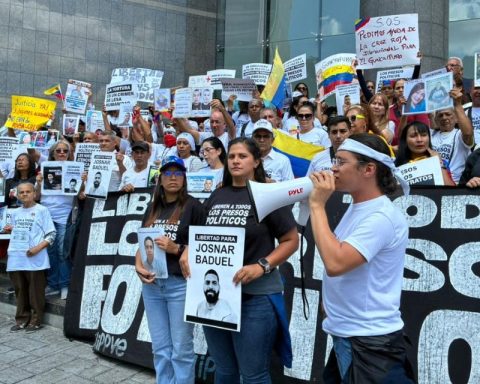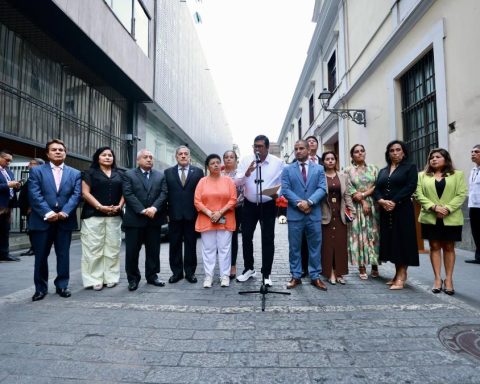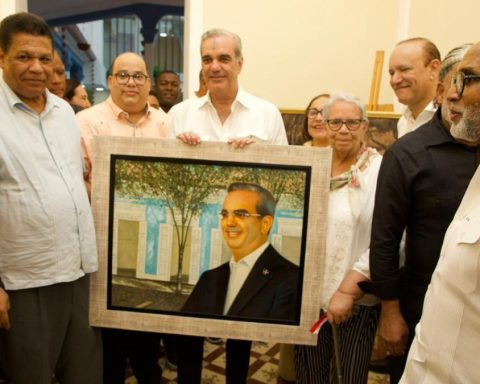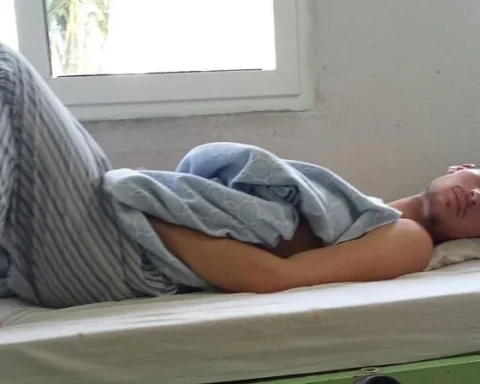At least two dozen people were killed and 450 wounded on Wednesday in a new round of explosions in Lebanon, the latest detonations of walkie-talkies used by Hezbollah militants
Text: VOA
At least 20 people were killed and 450 injured on Wednesday, September 18, in a new round of explosions in Lebanon, the latest detonations of remotely detonated walkie-talkies used by Hezbollah militants.
At least one of the blasts occurred near a funeral organized by Iran-backed Hezbollah for three members of the Shiite group and a child, who were among 12 people killed Tuesday when thousands of pagers used by the group exploded across the country, injuring nearly 3,000 people.
Hezbollah blamed the attacks on Israel, which has not commented, even as Middle East and U.S. security experts told American media that Tuesday’s pager attacks were the work of Mossad, Israel’s intelligence agency.
On Wednesday, Hezbollah said it had retaliated by attacking Israeli artillery positions with rockets, the first such attack targeting its arch-enemy and raising the prospect of a wider war in the Middle East.
A security source said the walkie-talkies were acquired by Hezbollah five months ago, around the same time the pagers were acquired. A senior Lebanese security source and another source told Reuters that the Mossad, which has a long history of sophisticated operations on foreign soil, placed explosives inside the pagers months before Tuesday’s detonations.
Hezbollah officials and Lebanese state media said Wednesday’s explosions occurred in Beirut and several other parts of Lebanon. In addition, Lebanon’s official news agency reported that solar power systems exploded in homes in several areas of Beirut and southern Lebanon, injuring at least one girl.
Dr. Tania Baban, a physician in Lebanon who works for the U.S. medical charity MedGlobal, told VOA that her group performed more than 460 surgeries related to the pager explosions on Tuesday, including amputations of fingers and hands.
He said people wearing the pagers heard them beeping, allegedly with messages from Hezbollah leaders, and were reading the messages when the devices exploded. Because they held them close to their faces to read, they suffered injuries to their hands, eyes, neck and face, while others suffered abdominal and other injuries if they still had the pagers strapped to their waists.
“Now this comes after an obviously stressful 11-month period of Lebanon’s southern border going to war with northern Israel,” Baban said. “Therefore, there has always been the threat of a possible escalation at the national level.”
U.S. Secretary of State Antony Blinken said in Egypt on Wednesday that the United States is assessing how the strikes could affect efforts to negotiate a ceasefire in the 12-month-old war between Israel and Hamas in Gaza.
Israeli government sources said anonymously on Wednesday that the country is moving more troops to its border with Lebanon as a precaution.
Through a spokesman, UN Secretary-General Antonio Guterres said he was “deeply alarmed” by the remotely detonated explosions. He urged “all actors involved to exercise maximum restraint to avoid further escalation.”
In Cairo, Blinken told reporters that the United States was not aware of or involved in Tuesday’s pager explosion incidents, while expressing concern about the regional escalation.
“We remain very clear on the importance of all parties avoiding any steps that could further escalate the conflict,” Blinken said during a joint press conference with Egyptian Foreign Minister Badr Abdelatty. “It is imperative that all parties refrain from any actions that could escalate the conflict.”
Before Wednesday’s attacks, Abdelatty condemned the beeper detonations and any unilateral action that violates “Lebanon’s sovereignty.”
*Read also: Hundreds of Hezbollah members injured when their communication devices explode in Lebanon
Speaking through a translator, he said: “We are on the brink of a comprehensive war,” he said through a translator.
Tuesday’s pager attacks came hours after the Israeli government announced an expansion of its goals in the war against Hamas militants in Gaza to include protecting northern Israel from Hezbollah rocket attacks.
But some former intelligence officials maintain that Hezbollah’s detonation of pagers, two-way radios and other devices may be part of an Israeli effort to achieve its goals without having to fight.
“What Israel is trying to do is take this far enough that they can deter Hezbollah from launching 50-60 rocket attacks a day… without risking a wider war,” said Daniel Hoffman, a retired U.S. clandestine services officer and former CIA station chief.
Hoffman told VOA that the alleged Israeli operation could also serve to weaken Hezbollah’s position in Lebanon.
“It seeks to drive a wedge between ordinary people and Hezbollah,” he said. “The message is: ‘You don’t want to be around them.’ [Hezbolá]“’”.
And Hoffman said that given Israel’s intelligence capabilities, it’s not impossible that it could target more Hezbollah facilities in the future.
Other former intelligence officials have suggested that the operation to blow up pagers and other communication devices also gives Israel an advantage if tensions with Hezbollah escalate.
Notably, they said, the blasts have at least weakened Hezbollah’s ability to communicate in a crisis, while removing key militants from the battlefield.
Hezbollah began using the pagers in particular after the group’s leader ordered members to stop using cellphones amid concerns that Israeli intelligence could intercept and track their communications.
Middle Eastern and U.S. security experts told American media they believe Israeli agents somehow intercepted the shipment of the pagers in order to attach explosives to the devices before they reached Lebanon and were distributed by Hezbollah.
Hsu Ching-Kuang, founder of Taiwan-based manufacturer Gold Apollo, told reporters Wednesday that his company did not make the pagers, even though its corporate brands were on them when the remains of the exploded devices were examined Tuesday.
He said Gold Apollo had licensed its brand to be used on devices produced and sold by a company called BAC in the Hungarian capital of Budapest.
Iranian state media reported that the country’s ambassador to Lebanon, Mojtaba Amani, was among those injured in the pager explosion, reportedly losing an eye.
Iran’s envoy to the United Nations said in a letter on Wednesday that Tehran is considering its options.
Iran “reserves the right, under international law, to take such measures as it deems necessary to respond,” the letter said.
Iran’s support for Hezbollah and Hamas, and ongoing conflicts in Gaza and along the Israel-Lebanon border, had already raised fears of a wider regional conflict.
EU foreign policy chief Josep Borrell called the situation “extremely worrying” and said he discussed it in a call with Lebanese Foreign Minister Abdallah Bou Habib.
“Although the attacks appear to have been targeted, they have caused serious and indiscriminate collateral damage among civilians, including children among the victims,” Borrell said.
[Los periodistas de la VOA Jeff Seldin y Nike Ching contribuyeron a este informe]
Post Views: 263
